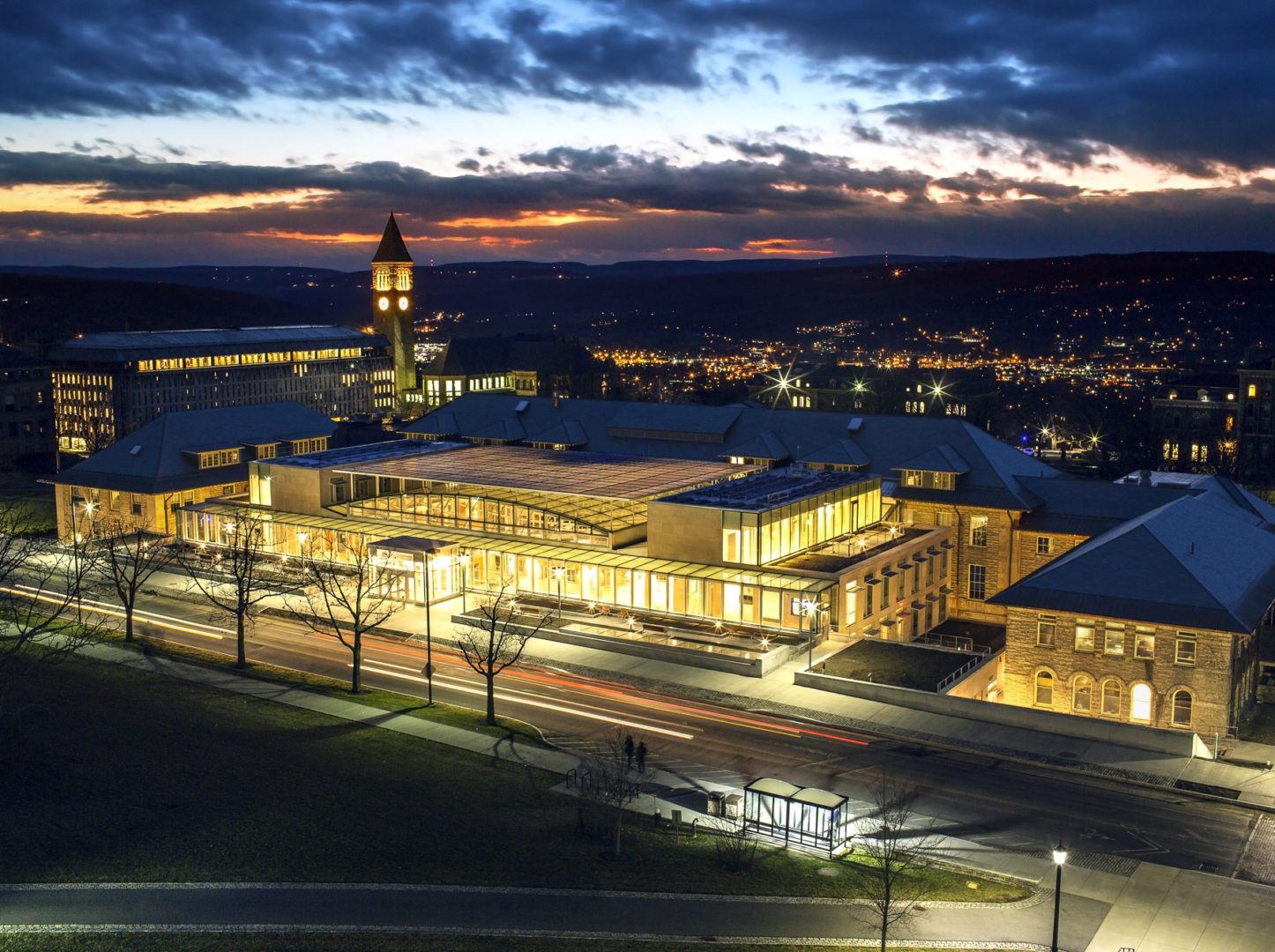Sophomore twins and space enthusiasts reach for the stars

Read the full story by Caitlin Hayes in the Cornell Chronicle.
Identical twins Ashley and Verena Padres ’26 were 10 years old and already obsessed with space exploration when they joined a competition to design and launch a rocket made from a 2-liter soda bottle. The grand prize was a chance to see a real rocket launch.
“We were determined to win,” Verena said.
Ashley worked on balsa wood fins and Verena on a small parachute that the girls tested by throwing all over their yard in La Verne, California, a Los Angeles suburb a half-hour drive from NASA’s Jet Propulsion Laboratory and an hour from SpaceX’s headquarters.
The sisters, now mechanical engineering majors in Cornell Engineering, didn’t win that first competition, but they remember it fondly as one of the first times they worked together on an engineering problem.
“It was so fun,” Verena said. “And it was the start of the spirit of collaboration that we’re still seeing now, where working together has been very beneficial. I know how she thinks, and she knows how I think, and we’re able to take advantage of that to really work together efficiently.”
The twins’ approach is now in use in multiple aerospace projects at Cornell and beyond: Verena is leading a team in Cornell’s Space Systems Design Studio to send a light sail deployer laden with sensors for testing on the International Space Station; and Ashley’s work with Cornell University Unmanned Air Systems (CUAir), one of Cornell Engineering’s project teams, has led to breakthroughs in the design of an unmanned aerial search and rescue plane. Last summer, while Verena interned at NASA’s Jet Propulsion Laboratory, Ashley led a group in developing a mission to detect and characterize exoplanets through Cornell’s SmallSat Mission Design School. Both sisters will intern at SpaceX in summer 2024.



